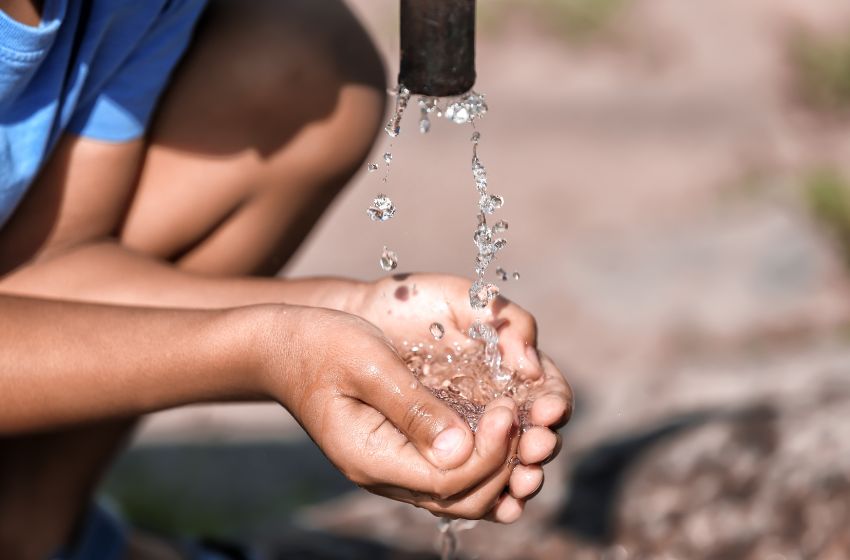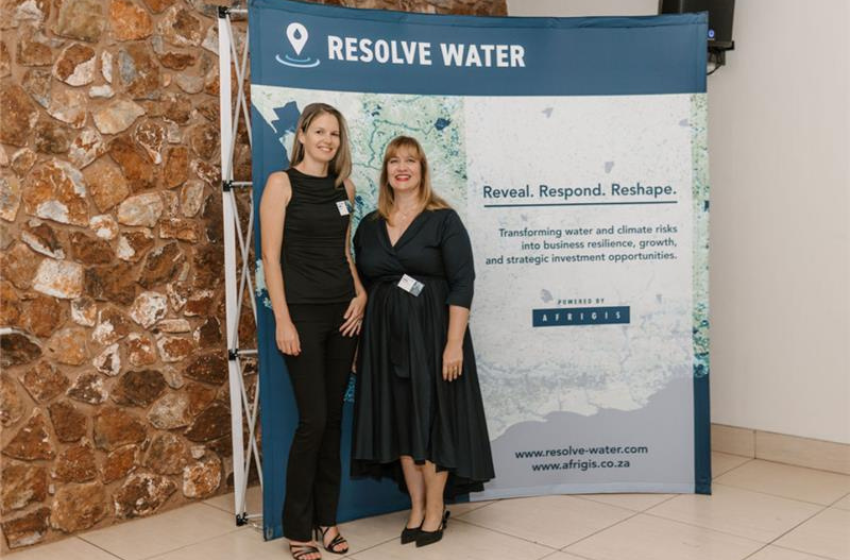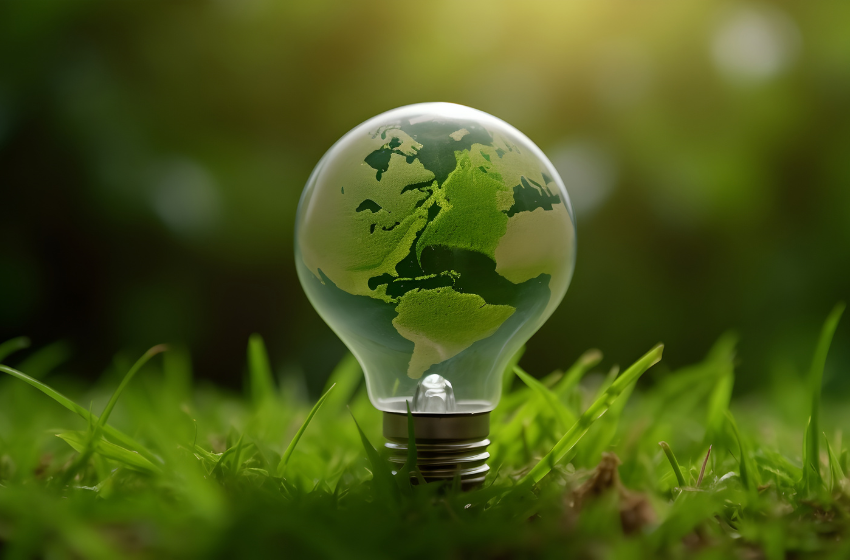
Water quality is a critical issue for South Africa, a country facing significant water management challenges due to its semi-arid climate, high population density in urban areas, and historical underinvestment in infrastructure. The condition of South Africa’s water resources is influenced by a combination of natural and anthropogenic factors. Here’s an in-depth look at the current state of water quality in South Africa, drawing on recent data and reports.
Current Status of Water Quality
Surface Water Quality:
- Pollution Levels: South Africa’s surface water bodies, including rivers, lakes, and dams, face pollution from various sources. Urban runoff, industrial discharge, agricultural runoff, and mining activities contribute to high levels of pollutants such as nitrates, phosphates, heavy metals, and pathogens.
- Compliance with Standards: According to the Department of Water and Sanitation (DWS), while many water bodies meet the acceptable standards for potable water, others, particularly in areas with high industrial and agricultural activity, exhibit poor water quality.
Groundwater Quality:
- Contamination Risks: Groundwater, a crucial resource for many communities, is increasingly threatened by contamination from septic systems, agricultural chemicals, and industrial waste. High levels of nitrates and salinity have been reported in some regions, impacting water quality and potability.
- Monitoring and Management: Groundwater quality is monitored through a network of observation wells. However, contamination incidents and the lack of comprehensive data in some areas pose ongoing risks.
Drinking Water Quality:
- Water Treatment: Municipal water supply systems are generally well-regulated and treatment processes are designed to ensure compliance with national drinking water standards. However, issues such as aging infrastructure and occasional lapses in maintenance can impact water quality.
- Recent Reports: Reports from the South African Human Sciences Research Council (HSRC) and DWS indicate that while the majority of urban areas have access to safe drinking water, there are concerns about the reliability and consistency of water quality, particularly in rural and peri-urban areas.
Water Quality in Rural Areas:
- Challenges: Rural and remote areas often face significant challenges in maintaining water quality. Limited access to advanced treatment facilities, inadequate infrastructure, and sporadic maintenance contribute to concerns about the safety of drinking water.
- Government Initiatives: Efforts are underway to improve water quality in these areas through infrastructure upgrades and community-based water management programs.
Key Challenges
- Pollution and Contamination: Industrial and agricultural activities are major sources of water pollution, affecting both surface and groundwater. Addressing these sources requires stricter regulations, better enforcement, and improved waste management practices.
- Infrastructure Issues: Aging and poorly maintained water infrastructure, including pipelines and treatment facilities, can lead to water loss and contamination. Investment in modernizing infrastructure is crucial for improving water quality.
- Climate Change: South Africa’s climate variability, including periodic droughts and extreme weather events, impacts water availability and quality. Changes in precipitation patterns can affect the dilution and dispersion of pollutants.
- Monitoring and Regulation: Effective water quality management requires comprehensive monitoring and regulatory frameworks. Enhancing the capacity for real-time monitoring and ensuring compliance with water quality standards are essential for safeguarding water resources.
Initiatives and Future Directions
- Infrastructure Investment: The South African government and various stakeholders are investing in water infrastructure projects to improve treatment facilities, reduce water losses, and enhance overall system resilience.
- Pollution Control Measures: Efforts are being made to reduce pollution through better waste management practices, stricter industrial regulations, and agricultural best practices.
- Community Engagement: Community-based initiatives and public awareness campaigns are being promoted to encourage water conservation and proper sanitation practices.
- Technological Innovations: The adoption of new technologies, such as advanced water treatment methods and real-time monitoring systems, is being explored to address water quality challenges.
Conclusion
Water quality in South Africa presents a mixed picture, with significant progress in urban areas contrasted by ongoing challenges in rural regions and certain industrial zones. While efforts to improve water quality are underway, continued investment in infrastructure, pollution control, and effective regulation is essential for ensuring safe and reliable water resources for all South Africans.
Share via:




















